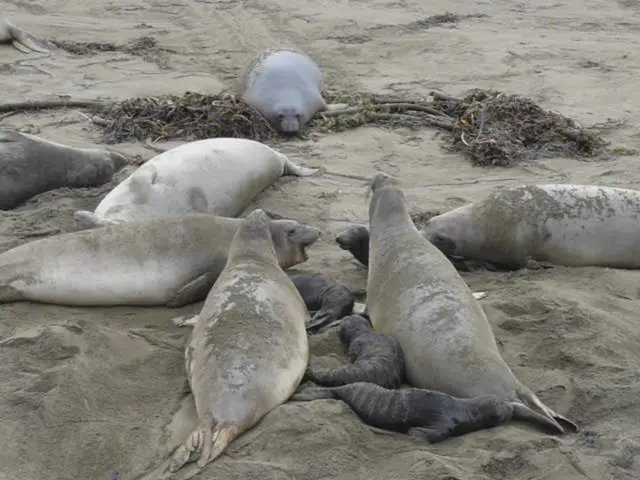Discord among CDU foreign ministers over security guarantees for Ukraine.
In the wake of the ongoing conflict in Ukraine, both major German political parties – the Christian Democratic Union (CDU) and the Social Democratic Party (SPD) – have expressed differing, yet cautious positions regarding security guarantees and potential Bundeswehr deployments.
The SPD, under Vice Chancellor and Finance Minister Lars Klingbeil, has shown a conditional and cautious approach towards security guarantees. Klingbeil emphasised the need for "reliable security guarantees" coordinated internationally to ensure lasting peace, but stopped short of committing to sending German soldiers as peacekeepers. Internal discussions within the SPD reveal a divided stance, with some representatives like Adis Ahmetovic not ruling out participation dependent on transatlantic talks, while others such as Ralf Stegner oppose deploying Bundeswehr troops due to historical and practical difficulties.
On the other hand, the CDU, led by Chancellor Friedrich Merz, has shown more openness towards military involvement, viewing it as part of Germany's "great responsibility" in European security. However, Merz faces skepticism even within his party and coalition partners. Key CDU figures like Deputy Leader Michael Kretschmer oppose sending troops, arguing that Germany’s armed forces currently lack capacity, and that German soldiers fighting in Ukraine should not be discussed. Merz has specified that any deployment would require parliamentary approval and consultations with European allies, as the issue remains contentious.
Norbert Röttgen, vice-chairman of the CDU faction in the Bundestag responsible for foreign policy, has stated that the question of a European security order arises after the war in Ukraine, with the goal of protection against further Russian aggression. Röttgen highlighted that Germany currently lacks weapons, equipment, active soldiers, and reservists to support Ukraine and become defensible.
Peter Beyer, a member of the Foreign Affairs Committee in the Bundestag, has shown openness to the possible deployment of Bundeswehr soldiers to Ukraine. Beyer suggested that a concept and a long lead time would be necessary for security assurances for an undivided Ukraine, requiring the practice of deployments and clarification of compatibility with defense efforts in Europe as a whole. The extent to which the USA will participate in a security guarantee on site is dependent on the possible deployment of Bundeswehr soldiers to Ukraine, according to Beyer.
Adis Ahmetovic, spokesman for the SPD working group on foreign policy, emphasised the importance of knowing the position of the United States before committing to or ruling out anything regarding security guarantees for Ukraine. SPD deputy faction leader Siemtje Möller indicated support for security guarantees for Ukraine, contingent on the USA's participation. Möller, responsible for foreign and defense policy in the SPD faction, added that security guarantees can only be discussed when the engagement of the USA is clear and both Ukraine and Russia agree.
In summary, both major parties acknowledge the need for security guarantees to stabilise Ukraine post-conflict, but the overall German government stance remains ambiguous and evolving. The SPD tends towards caution and internal division, generally hesitant about troop deployment without strong international consensus, while the CDU is more open to military involvement but faces internal resistance and emphasises careful political and parliamentary processes. This complex landscape reflects the intricacies of the issue domestically and internationally.
Read also:
- United States tariffs pose a threat to India, necessitating the recruitment of adept negotiators or strategists, similar to those who had influenced Trump's decisions.
- Weekly happenings in the German Federal Parliament (Bundestag)
- Southwest region's most popular posts, accompanied by an inquiry:
- Discussion between Putin and Trump in Alaska could potentially overshadow Ukraine's concerns








